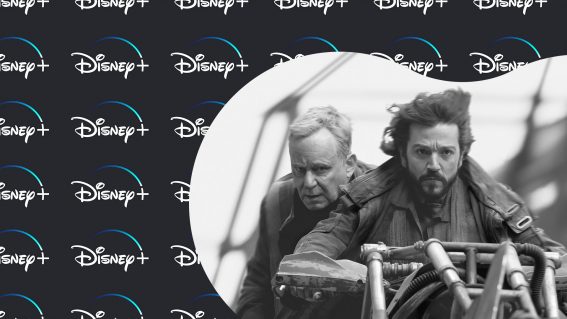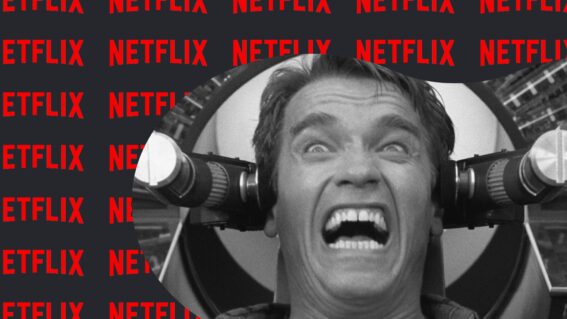Black Mirror’s performances are its greatest weapon in season 7
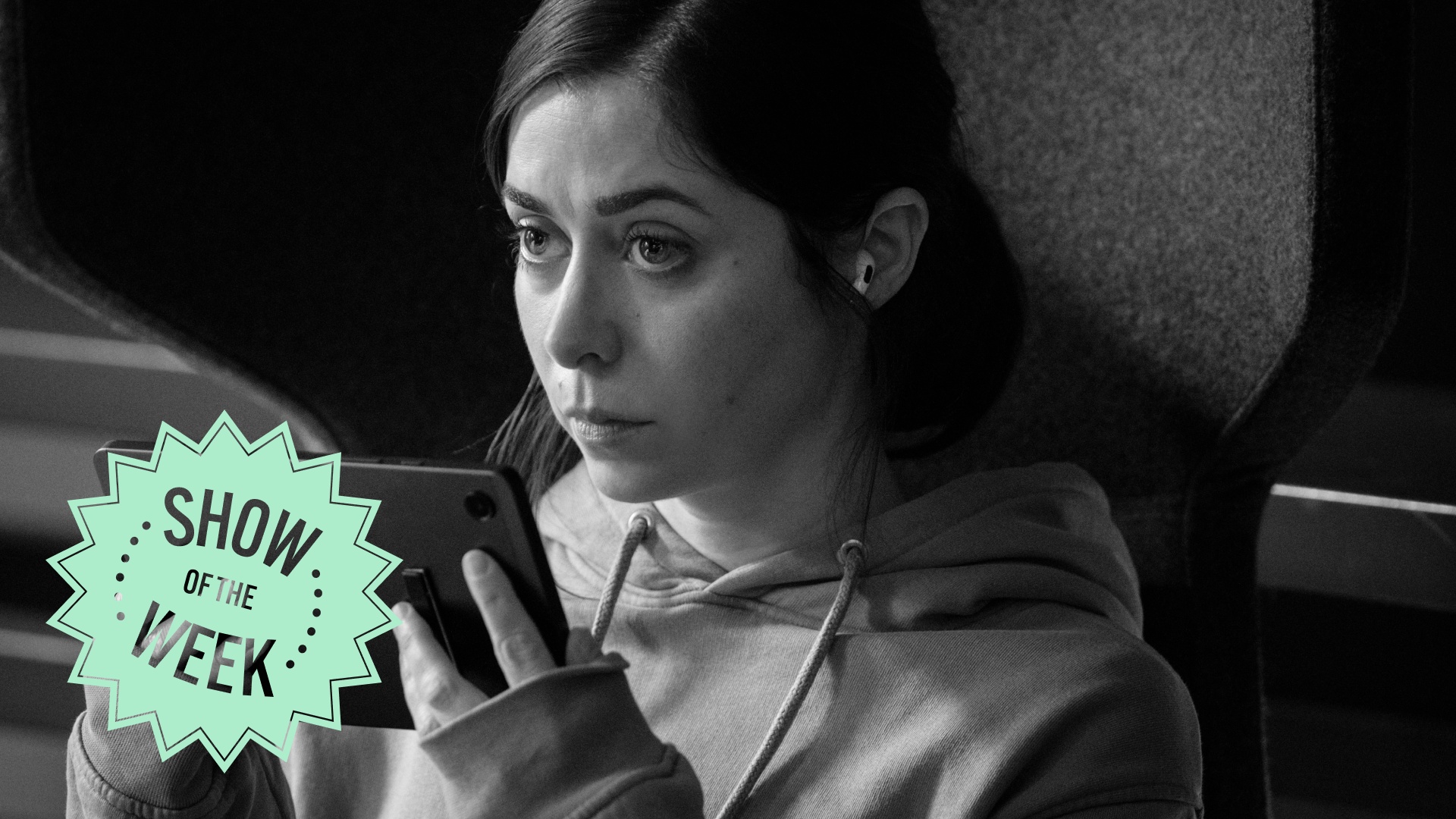
Clarisse Loughrey’s Show of the Week column spotlights a new show to watch or skip. This week: Charlie Brooker’s dystopian tech anthology Black Mirror is back with a new batch of eps.
Does Black Mirror still have the power to scare us? A decade ago, it felt like an electric shock applied to the public consciousness: its anthology tales of pig-fucking prime ministers, clownish TV star dictators, and the dead resuscitated by AI were dark, cynical, but just plausible enough. You can see where I’m going with this. We live in the Black Mirror now. Every day brings more horrible news of how technology has permeated our bodies and our minds.
So, when season seven’s opener, “Common People”, introduced the idea of Rivermind, which cures a woman’s (Rashida Jones) brain tumour by backing up her brain to the cloud, and then charges her a monthly subscription fee to access it—well, it’s clever, but it’s far too easy to predict exactly where it will go next. There’s the limited coverage range, the addition of more tiers so you have to upgrade purely to maintain the same service (yes, it’s ironic this show is on Netflix), the introduction of ads etc etc.
Other entries simply don’t work. “Bête Noire” sees a designer for a confectionery company come undone when the designated weirdo from her old school, Verity (Rosy McEwen), glows up and turns up with a new job at her company. It’s essentially about gaslighting, yet the episode seems unsure where to place our sympathies: is Verity a Carrie-like figure out for rightful revenge? Or are we meant to focus on the fact that Verity is a white woman more likely to trusted over her Black colleague?
It’s metaphor is fuzzy, but at least there’s a metaphor to fuzz. The weakest episode by far is “Plaything”, in which a man (Peter Capaldi) being questioned over a cold case recounts his encounter with Colin Ritman (Will Poulter, back in his role from Black Mirror: Bandersnatch). Back when he was a young game journalist (Lewis Gribben), the man was sent to cover one of Colin’s creations, a game in which players nurture a herd of lemmings-like “thronglets”, “the first lifeforms in history whose biology is completely digital”. He became increasingly enthralled, especially when a little substance known as LSD came into play and he started to believe he could actually communicate with them.
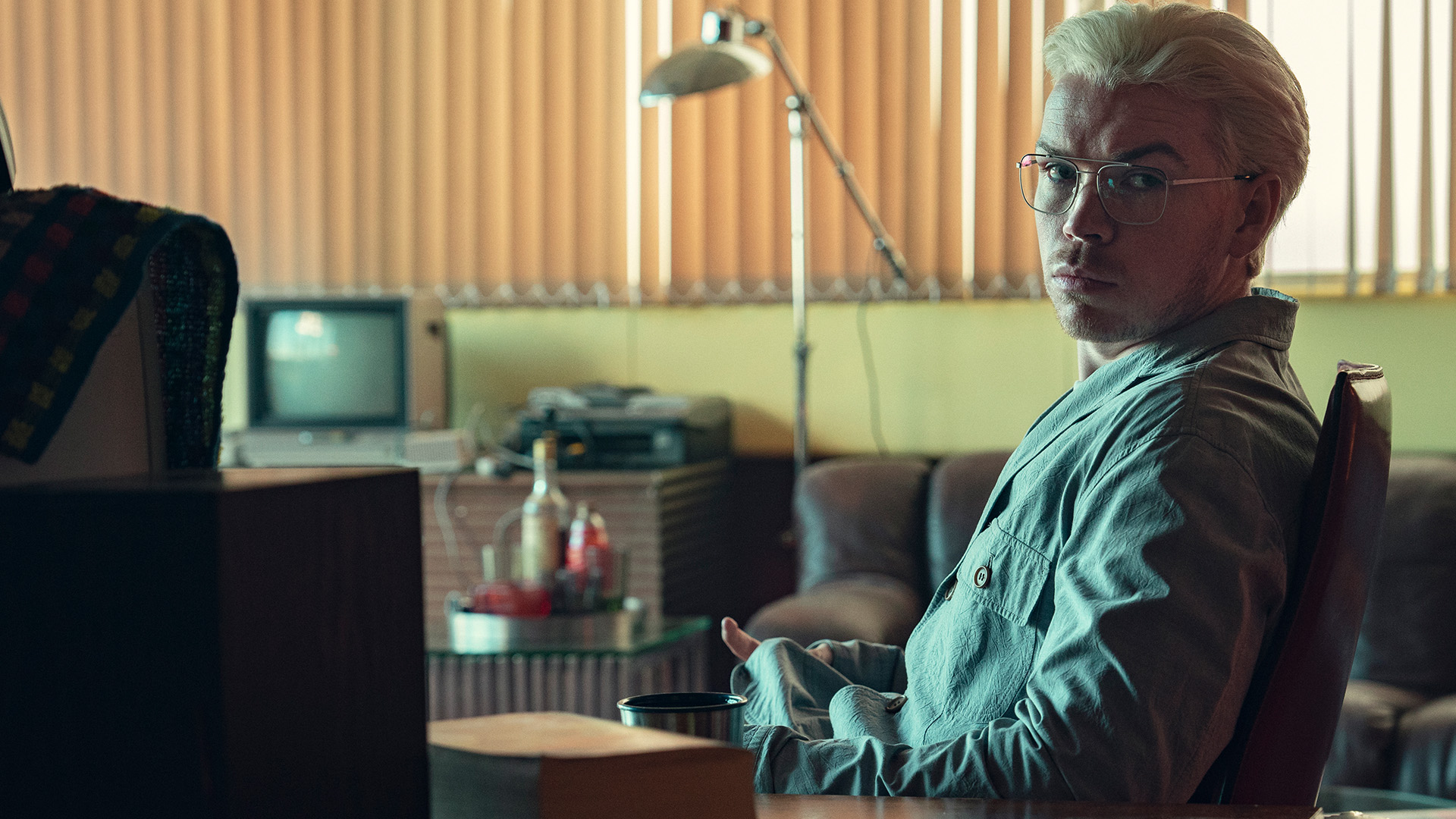
“Plaything”, essentially, asks what happens when somebody gets too attached to their Sims. We’ve all been there, really. But beyond the acknowledgment of humanity’s tendency to humanise AI, the episode ends right at the moment it might actually have something to say—specifically, about where that attachment might lead us.
But I’ll give some credit to Black Mirror’s creator, Charlie Brooker, here. He’s clearly aware that his show is at risk of becoming irrelevant, and has repeatedly reshaped it in an attempt to find it a new place in the current landscape. Last season, he brought in the supernatural. This season, we’ve got our first direct sequel: “USS Callister: Into Infinity”, which continues its fun, smartly crafted homage to Star Trek, as its crew of sentient digital clones, now freed from the control of their creator Robert Daly (Jesse Plemons), wander the multiplayer VR game that is their world, with Nanette (Cristin Milioti) at their helm. Yet, all that said, watching the fallout from the original “USS Callister” doesn’t really offer us anything new—just the same, old reminders of male entitlement.
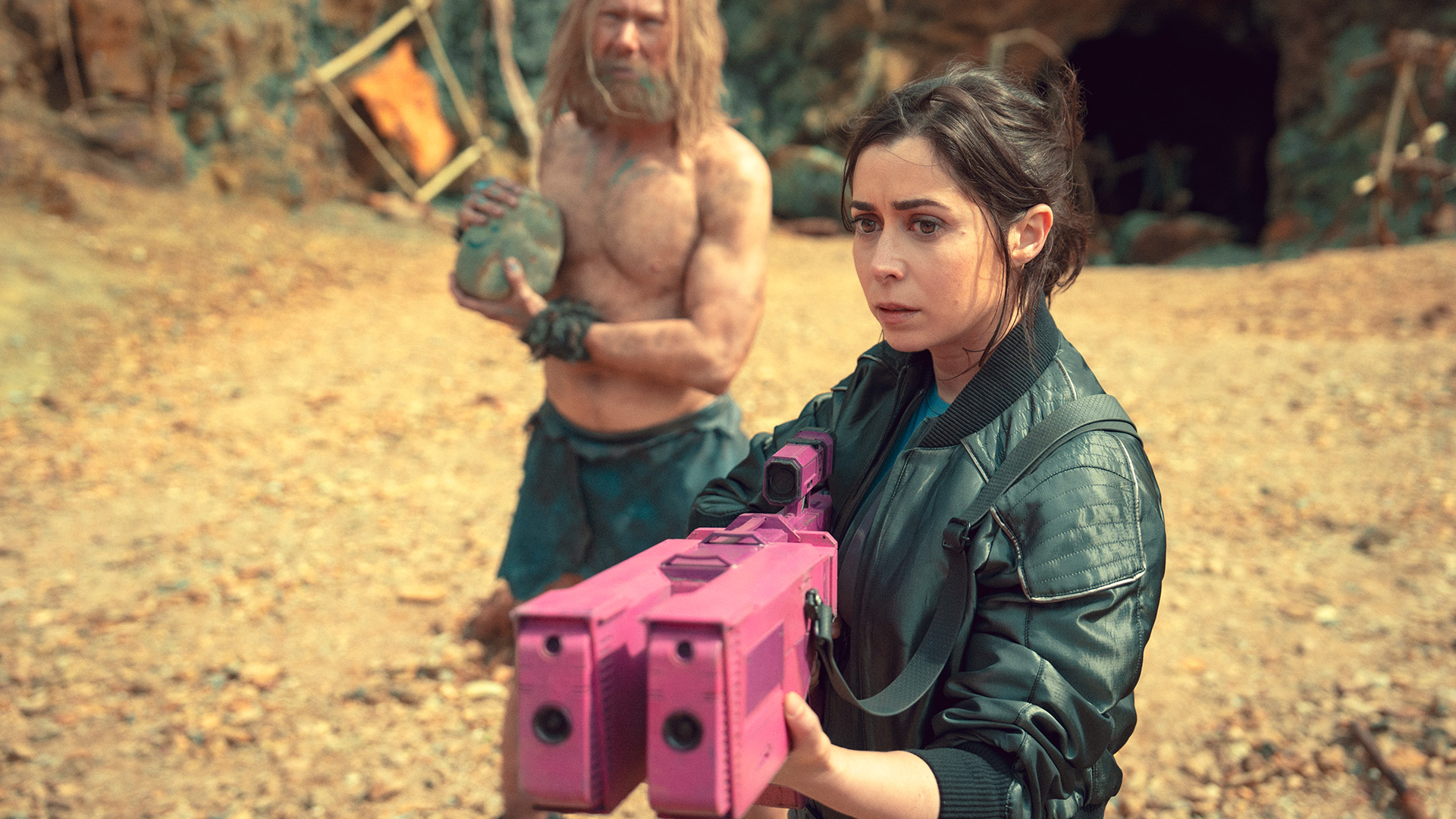
Black Mirror, now, feels most suited when it stops asking the questions of “what if?” and starts asking the questions of “what now?” How do we find joy despite? Because, as bad as things can get, love persists. It can survive the harshest of conditions. That’s what the strongest two entries, “Hotel Reverie” and “Eulogy” prove. It’s obvious the former is striving to replicate the same melancholic, sapphic yearning as San Junipero, that clash between the “real” and “digital” self. Here, an actress (Issa Rae) is inserted into an AI-reconstruction of an Old Hollywood classic, a Casablanca-esque tale of the tragic love between a doctor (played by Rae’s character) and an heiress (Emma Corrin).
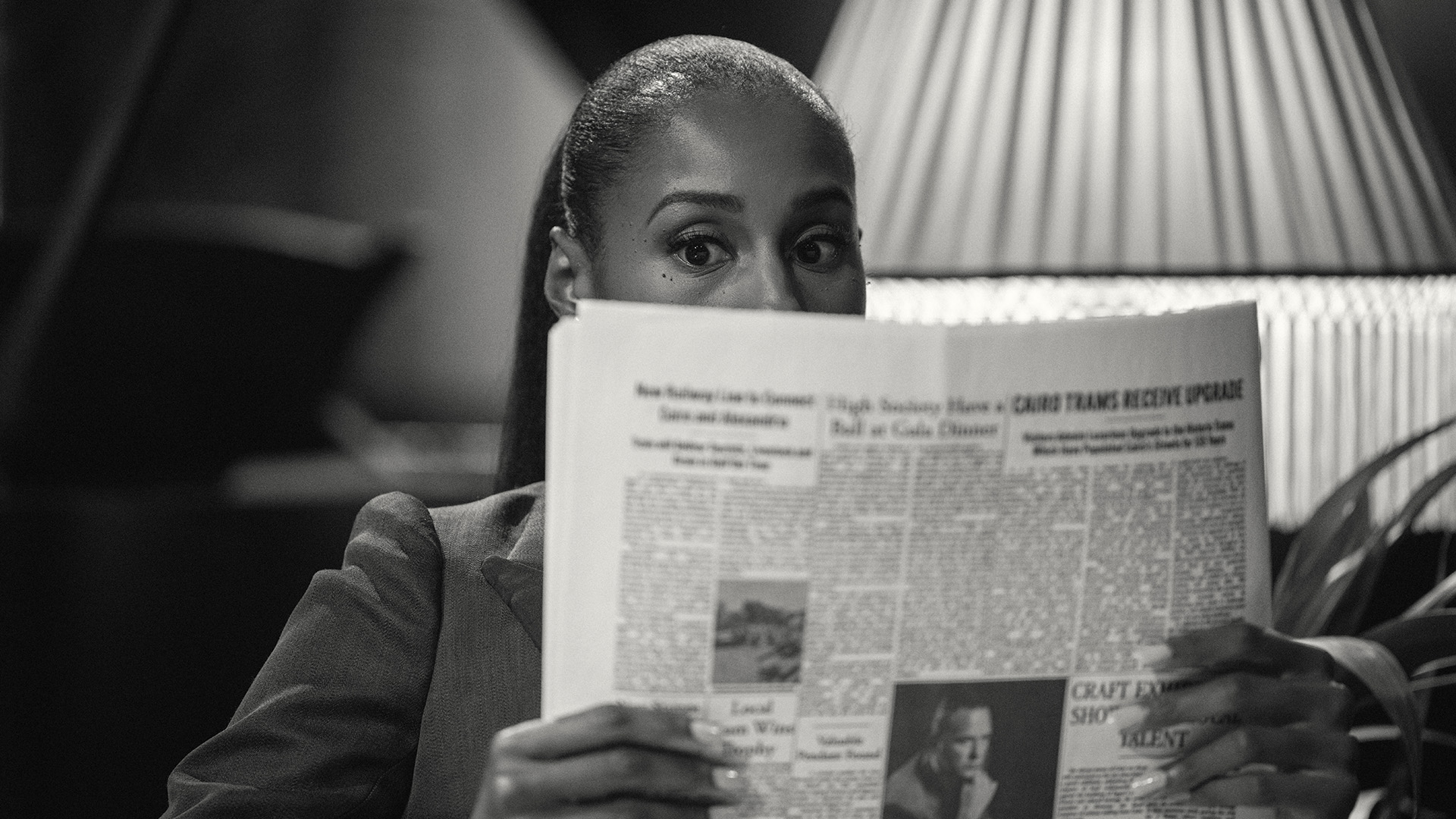
It breaks its own logic, at times, specifically so it can achieve maximum emotional manipulation, but the performances carry the rest beautifully. Really, that’s the show’s greatest weapon these days. Whatever its reputation, Black Mirror still attracts the best of the best. It’s most evident in its MVP episode “Eulogy”, a relatively simple tale about a man revisiting his memories of the one who got away with a little help from virtual reality, elevated into something exquisite because it’s Paul Giamatti doing the reminiscing. He’s playing another grump with a glass heart. You can’t help but weep for him.
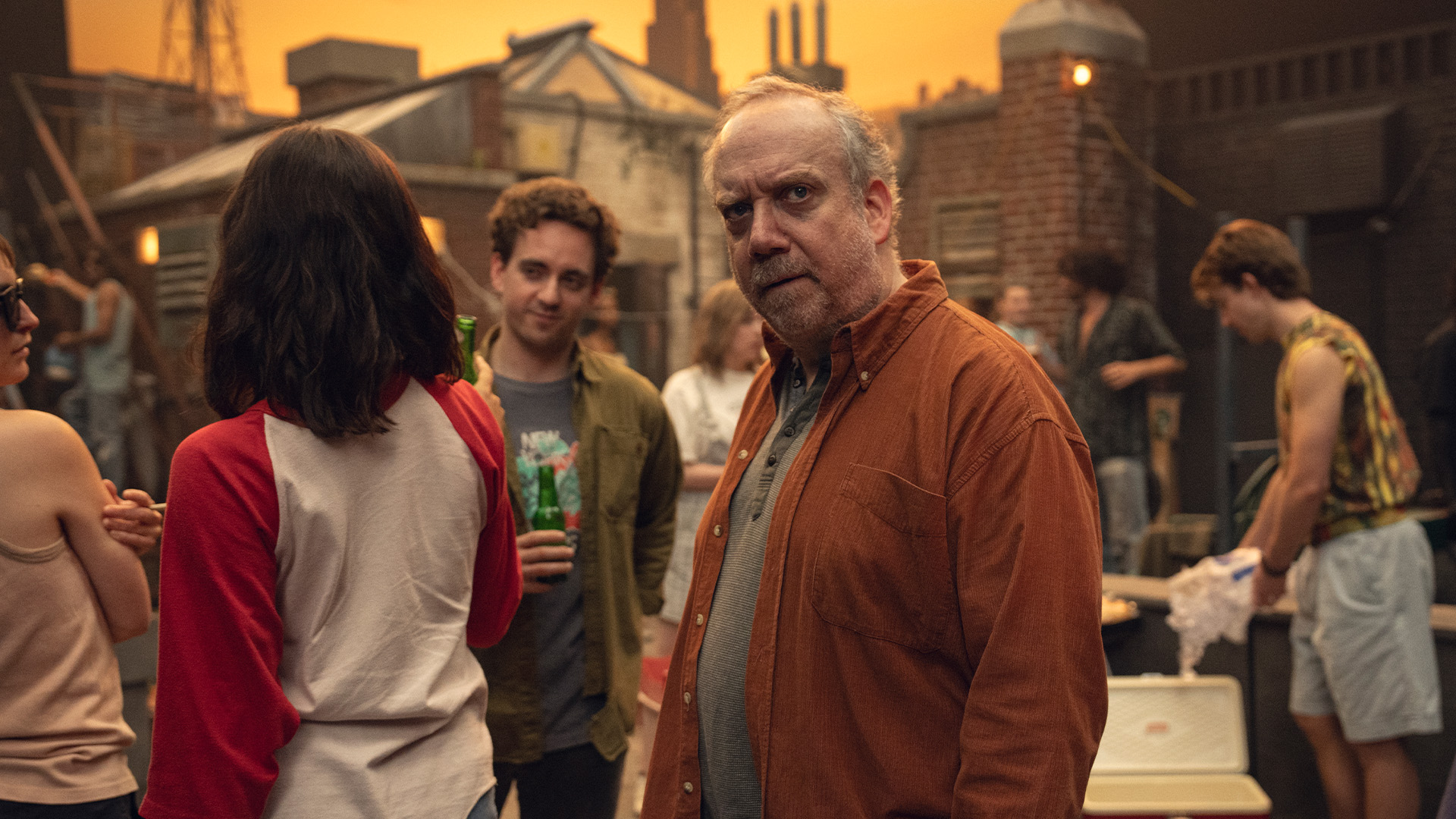
It’s interesting that this is the episode in which technology poses the least threat. Black Mirror might be so close to home now that it can’t really scare us. But, on the flipside, at least it understands exactly how we feel.







